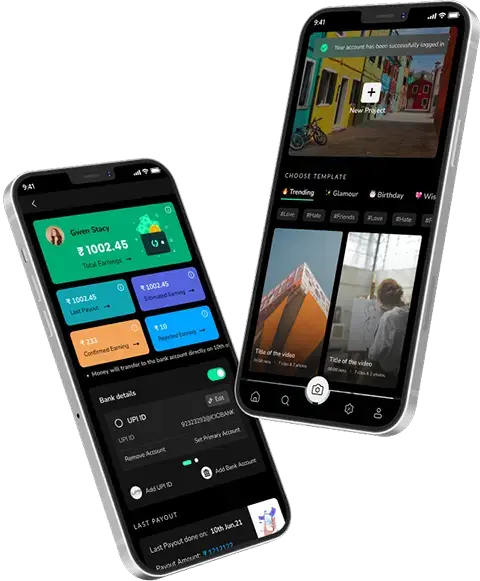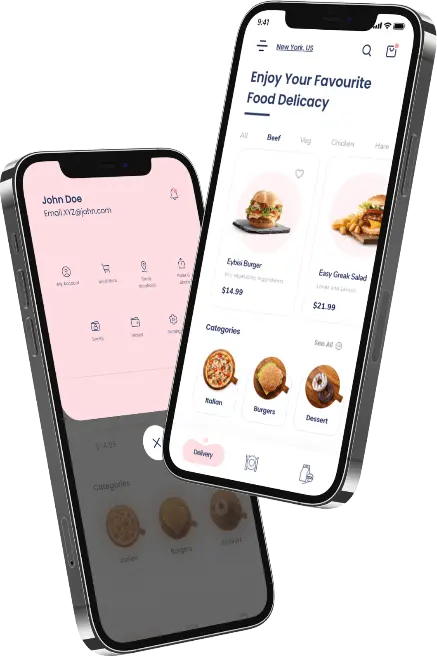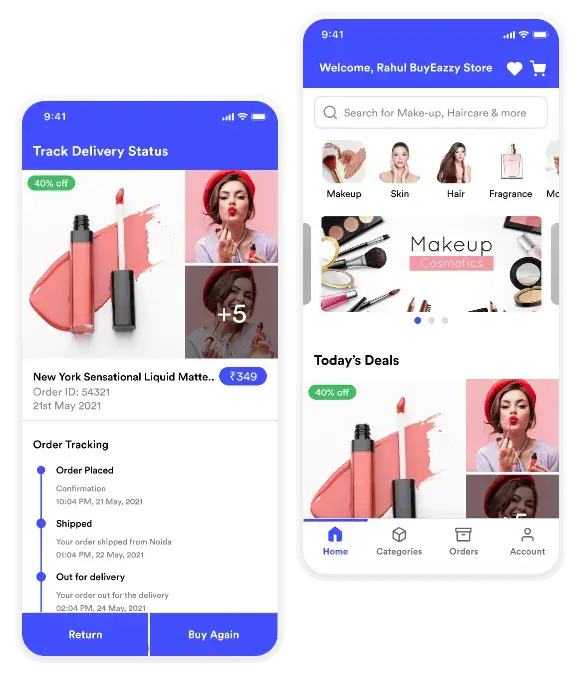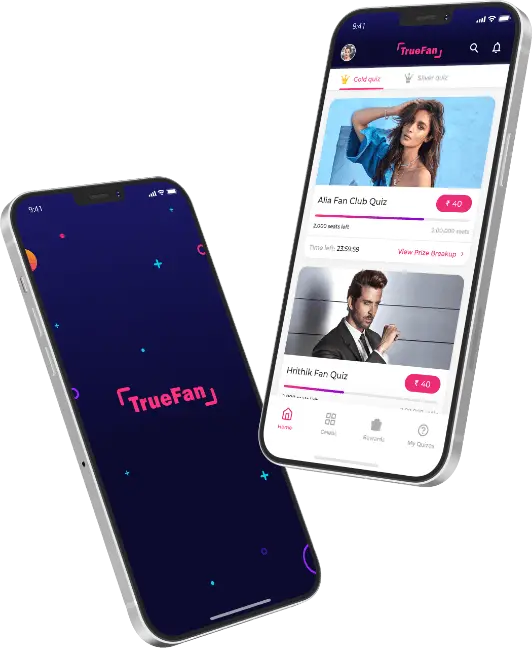9 Dec 2020
Updated on January 3rd, 2023
Is Low-Code Going To Drive The Future Of App Development?
Ankit Singh
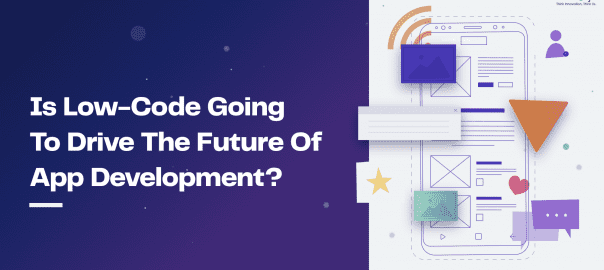
Our transition towards being a ‘Smart Nation’ has grown faster with the invasion of the pandemic in our beautiful nests, where we were happily flourishing. Now, governments across the world are pushing out initiatives laden with technology to address new challenges that came with the virus outbreak.
Indeed, in this race, app development has been the boon companion, and brought businesses to be a center of excellence, and helped them keep catering services across the geographies. The relentless advancements made in the app technology has brought low-code application into the limelight.
Hey, wait, what is this low-code development?
Sounds alien to you?
Don’t grow panic, we’re here to guide you through this innovative mode of app devolvement. Let us take you on a tour to unleash the phenomenal capacity of this unconventional approach.
Just keep scrolling this post further…
What is Low-code app development?
On hearing, it seems nothing less than a tech buzzword, but eventually, it is much more beyond it. In the tech world, this very trending concept has gained tremendous traction, and the credit goes to its development nature.
With this very technology, it turns out to be a simplistic approach to build apps for both web and mobile, with limited experience.
A report from Forrester suggests, businesses spending in LCDP is likely to reach $US21.2 billion by 2022
In other words, a low-code development platform can be called a software development environment, letting developers drag and drop app components, connect them together, and create an application.
Yes, it is that much easier to build an app with this platform, without a need to write code line by line.
Advantages low code platform has got to offer
1. Legacy integration with EASE
The low-code platforms enhance agility in app development and offer integration of legacy mainframe systems. This further results in faster development and resilient solutions, that are ready to embrace new requirements.
2. Development for ALL!
Yes, this is one of the most beautiful benefits of low-code, that it encourages everybody in an organization to collaborate to deliver the app solutions. Since low-code offers visual development, making it possible to craft apps without coding. And even it helps individuals without a technical background, known as “citizen developers,” to utilize the pre-built functionality and code to build simple applications.
Sounds interesting???
Keep scrolling to know more…
And yes, the seasoned developers can also dip their hands in the available pre-built code modules, UI templates, and much more to get an instant solution.
3. Expedites development cycle
App development is not an event but a process, which requires time to build. However, this very barrier turns low with low code development. As it requires no repetitive coding to be done, the process gets faster and as a consequence, it brings a visually appealing solution in lesser time, compared to the conventional approach.
Low-code would drive the future?
Hmm, a very interesting question indeed, and the answer to it, is more riveting! Indeed, the very concept of low-code covers the multiple obstacles associated with the traditional method. And amid the COVID-19, the way Microsoft has embraced it with Power BI and PowerApps, it seems to have a promising future.
As it gives developers sufficient time to move around and consider the creative slant to bring something engaging and practical into existence. But then there is another side of the story as well!
To build large-scale, enterprise-class apps would still need high-skilled programmers from an efficient mobile app development company. Since low-code development has its own set of limitations when app complexity or a trending technology becomes a part of the app solution.
It is a good and viable solution to build simple app solutions, but when it comes to handling the needs of high-end apps then this platform has a long route to cover still.
On the other hand, the on-going pandemic situation has triggered the need for businesses to bring their offerings on the digital platform. In such a demanding situation, a low-code platform can be a good choice to proceed with.
Low-code is not here to replace traditional programming methods but only gives a support system for simple and easy app development. For complex applications, you would still require seasoned developers to comprehend your app requirements and provide app functionalities based on your business goals.
Final thought
Well, well, well…the no-code movement has driven a revolution, encouraging businesses to bring themselves on the digital platform seamlessly. Today, businesses are quickly adopting new technologies to embrace rapidly changing markets and increased expectations around customer experience.
We are certainly going to witness an app revolution in 2021, as more number of businesses would switch their functionalities towards the digital landscape to match the wavelength of competition.
If you want to make your business more agile and efficient with an app solution, then your quest ends here.
Get your questions answered and learn how we can help your business walk through the digital passage with an extensible app solution.
Schedule a call with our team today!
Get in touch.
Write Us
sales@techugo.comOr fill this form



 SA
SA  KW
KW  IE
IE AU
AU UAE
UAE UK
UK USA
USA  CA
CA DE
DE  QA
QA ZA
ZA  BH
BH NL
NL  MU
MU FR
FR 
